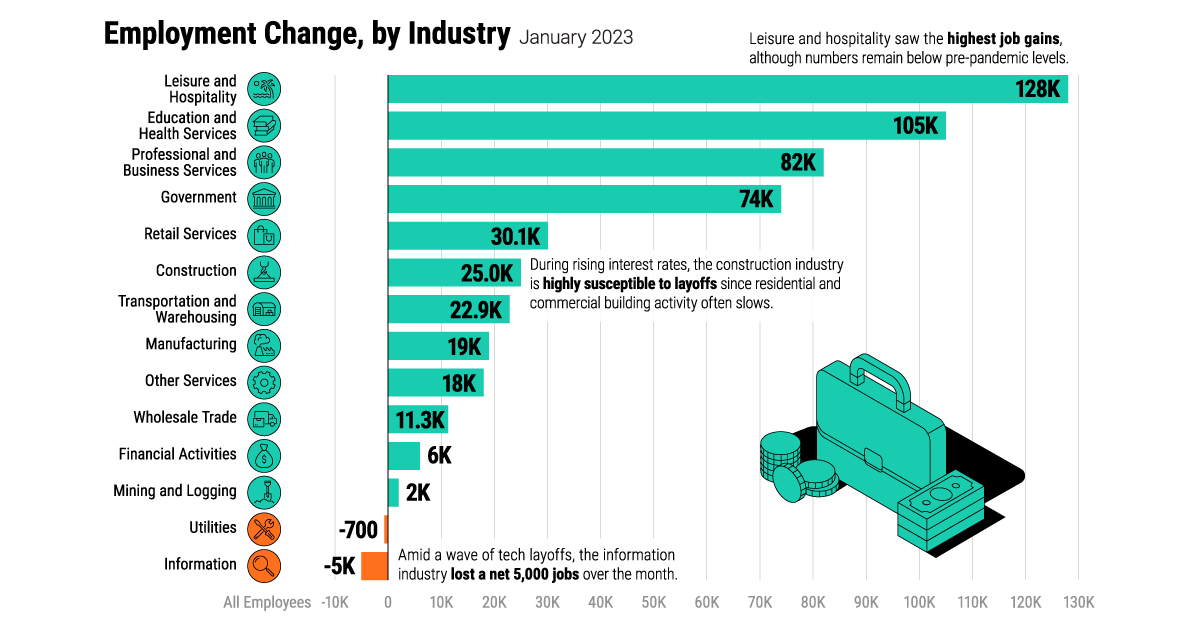Navigating The Chinese Market: Challenges Faced By BMW, Porsche, And Other Automakers

Table of Contents
Intense Domestic Competition
The rapid rise of domestic Chinese auto brands like BYD, Nio, and Xpeng presents stiff competition, particularly in the burgeoning electric vehicle (EV) sector. These brands offer competitive pricing, advanced technology, and cater specifically to Chinese consumer preferences, posing a significant threat to established international players. This intense competition necessitates a strategic approach for foreign automakers aiming to maintain market share.
- Aggressive pricing strategies from domestic brands undercut premium pricing models. Chinese consumers are increasingly price-sensitive, even within the luxury segment, making it difficult for premium brands to maintain their high-margin pricing structures.
- Rapid technological advancements by Chinese brands in areas like battery technology and autonomous driving. Domestic manufacturers are rapidly innovating, often surpassing international competitors in specific technological areas relevant to the Chinese market. This requires foreign brands to invest heavily in R&D to remain competitive.
- Strong brand loyalty among Chinese consumers towards domestic brands. Patriotism and a growing sense of national pride fuel a preference for domestically produced vehicles, creating a significant hurdle for foreign brands to overcome.
Strategies for Countering Domestic Competition
To counter this intense competition, international automakers must adopt several key strategies:
- Focus on niche luxury segments: Instead of directly competing on price, focus on offering highly specialized luxury vehicles with unique features and superior craftsmanship to appeal to a more discerning clientele.
- Invest heavily in R&D: Continuous investment in research and development is crucial to maintain technological parity and even surpass domestic competitors in specific areas, particularly in EV technology and autonomous driving capabilities.
- Develop strong localized marketing campaigns: Tailor marketing messages to resonate with Chinese consumer preferences and values, emphasizing brand heritage and exclusivity, while also highlighting technological advancements.
Navigating Regulatory Hurdles and Government Policies
The Chinese government plays a significant role in shaping the automotive market through stringent regulations, emission standards, and localization policies. Understanding and adapting to these policies is crucial for long-term success in this market. Navigating these complexities requires a proactive and compliant approach.
- Complex import tariffs and taxes increase the cost of foreign vehicles. High import duties significantly increase the price of imported cars, making them less competitive compared to domestically produced vehicles.
- Stringent emission standards necessitate investment in cleaner technologies. China's increasingly stringent emission regulations require significant investments in cleaner technologies, including electric and hybrid vehicles.
- Localization requirements mandate partnerships with Chinese companies, impacting control and decision-making. Government policies often mandate partnerships with local companies, potentially impacting the foreign automaker's control over production, distribution, and decision-making processes.
Strategies for Regulatory Compliance
To successfully navigate these regulatory hurdles, international automakers should:
- Build strong relationships with government agencies: Cultivating strong relationships with relevant government bodies can facilitate smoother regulatory processes and provide valuable insights into future policy changes.
- Proactively adapt to changing regulations: Continuously monitor and adapt to evolving regulations to ensure compliance and minimize disruptions to operations.
- Invest in local manufacturing and supply chains: Establishing local manufacturing facilities and developing strong relationships with local suppliers helps meet localization requirements and reduce import costs.
Understanding Unique Consumer Preferences and Cultural Nuances
Chinese consumers have distinct preferences regarding vehicle features, styling, and technology compared to Western markets. Understanding these nuances is vital for successful product development and marketing strategies. Ignoring these cultural preferences can lead to significant market failures.
- Preference for larger vehicles, especially SUVs: SUVs enjoy immense popularity in China, reflecting a preference for spaciousness and practicality.
- Emphasis on technological features, such as advanced infotainment systems and driver-assistance technologies: Chinese consumers highly value advanced technological features, which are increasingly important purchase considerations.
- Importance of brand image and social status in purchasing decisions: Brand image and the perceived social status associated with a particular vehicle play a significant role in purchase decisions.
Strategies for Cultural Adaptation
To effectively cater to Chinese consumer preferences, international automakers should:
- Conduct thorough market research: In-depth market research is crucial to accurately understand consumer preferences, trends, and cultural nuances.
- Tailor product design and marketing campaigns to resonate with Chinese consumer preferences: Product design and marketing materials should reflect an understanding of and appeal to Chinese cultural values and preferences.
- Engage in effective localized marketing strategies through social media and other channels: Leveraging popular social media platforms and employing culturally relevant marketing techniques is crucial for reaching and engaging the target audience.
Building a Robust Distribution and After-Sales Network
Establishing a reliable and extensive distribution and after-sales network is essential for reaching consumers and providing satisfactory customer service across the vast Chinese market. A robust network is critical for building brand loyalty and ensuring customer satisfaction.
- Need for a wide network of dealerships across different regions: China's vast geographic size requires a widespread dealership network to reach consumers in diverse regions.
- Importance of providing efficient and reliable after-sales service and parts availability: Providing timely and high-quality after-sales service and ensuring easy access to parts is vital for customer satisfaction.
- Effective training and management of local dealership staff: Well-trained and motivated local dealership staff are essential for providing excellent customer service and representing the brand effectively.
Strategies for Network Optimization
To optimize their distribution and after-sales network, international automakers should:
- Invest in building a strong dealer network: Significant investment in developing a comprehensive and efficient dealer network is crucial for market penetration.
- Implement effective supply chain management: Efficient supply chain management ensures timely delivery of parts and vehicles to dealerships across the country.
- Prioritize customer service excellence to build brand loyalty: Excellent customer service builds trust and loyalty, fostering repeat business and positive word-of-mouth referrals.
Conclusion
The Chinese automotive market presents both massive potential and significant challenges for international brands like BMW and Porsche. Successfully navigating this dynamic landscape requires a multifaceted approach that incorporates understanding intense domestic competition, adapting to regulatory hurdles, catering to unique consumer preferences, and building a strong distribution network. By addressing these challenges strategically, international automakers can capitalize on the immense opportunities within the lucrative Chinese automotive market and achieve long-term success. To learn more about effective strategies for entering and thriving in the Chinese automotive market, continue researching industry best practices and consult with experts in international market expansion.

Featured Posts
-
 U S Labor Market Update 177 000 Jobs Created In April Unemployment 4 2
May 05, 2025
U S Labor Market Update 177 000 Jobs Created In April Unemployment 4 2
May 05, 2025 -
 Can The Vegas Golden Knights Make A Deep Stanley Cup Playoffs Run
May 05, 2025
Can The Vegas Golden Knights Make A Deep Stanley Cup Playoffs Run
May 05, 2025 -
 Immigration Policy Starmers Plan To Counter Farages Populist Appeal
May 05, 2025
Immigration Policy Starmers Plan To Counter Farages Populist Appeal
May 05, 2025 -
 Fatal Yellowstone Area Accident Seven Killed In Truck And Van Collision
May 05, 2025
Fatal Yellowstone Area Accident Seven Killed In Truck And Van Collision
May 05, 2025 -
 Predicting The Stanley Cup Winner A Look At The Nhl Playoff Bracket
May 05, 2025
Predicting The Stanley Cup Winner A Look At The Nhl Playoff Bracket
May 05, 2025
Latest Posts
-
 Lizzo Compares Britney Spears To Janet Jackson A Fan Reaction
May 05, 2025
Lizzo Compares Britney Spears To Janet Jackson A Fan Reaction
May 05, 2025 -
 Trainer Shaun T Comments On Lizzos Alleged Ozempic Use
May 05, 2025
Trainer Shaun T Comments On Lizzos Alleged Ozempic Use
May 05, 2025 -
 Nhl First Round Playoffs Key Factors And Predictions
May 05, 2025
Nhl First Round Playoffs Key Factors And Predictions
May 05, 2025 -
 Vegas Golden Knights Their Path To The Stanley Cup Final
May 05, 2025
Vegas Golden Knights Their Path To The Stanley Cup Final
May 05, 2025 -
 Lizzo And Ozempic Shaun T Weighs In On The Controversy
May 05, 2025
Lizzo And Ozempic Shaun T Weighs In On The Controversy
May 05, 2025
